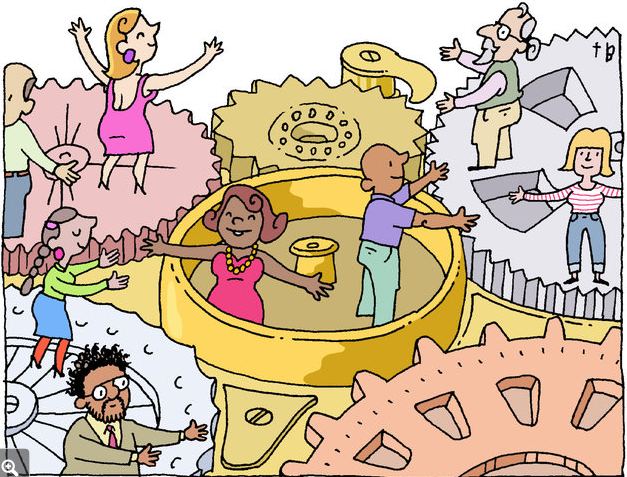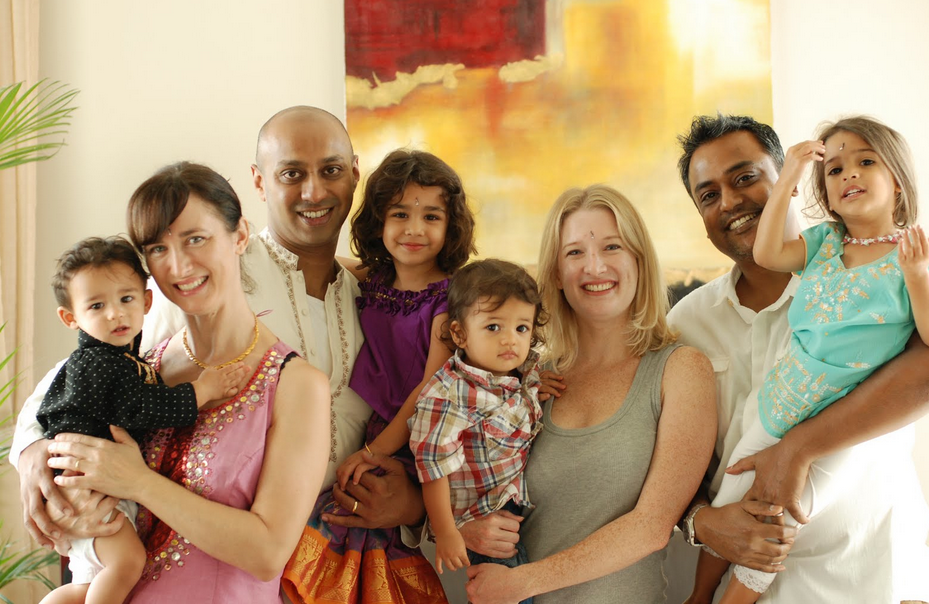 By Douglas LaBier ŌĆó October 28, 2020
By Douglas LaBier ŌĆó October 28, 2020
In these times, couples that work from home and see each other 24/7 recognize the difficulty of staying emotionally and romantically connected, especially if they have children. Your living environment can feel confining and┬Āstressful, and the whole situation makes it difficult to give enough continuous┬Āattention┬Āto your┬Āromantic relationship. Many people are speaking about this dilemma in their┬Āpsychotherapy┬Āsessions. Some recent research, however, suggests that a few simple steps can help energize your intimate connection with your partner as we all live through these pandemic days. Knowing how to do that will also benefit your relationship in ŌĆ£normal times,ŌĆØ when, hopefully, they return. Here are some of the steps people can take:
Express More Than just ŌĆ£Thanks!ŌĆØ
One of these new studies found that when you take time to express appreciation to your partner for even small acts of thoughtfulness ŌĆō but with more descriptive words of┬Āgratitude┬Āthan you might normally offer ŌĆō the recipient reports feeling more positive and intimate toward you, in return.
To explain, itŌĆÖs been established that gratitude creates greater bonds between people, but the researchers noted that some expressions of gratitude might cause the other person to feel guilty or embarrassed. So they looked more deeply into what occurs with different forms of expression. They found that when you elaborate on how grateful you feel┬Āabout your loved one’s response to your needs, your partner feels more loving, in return. And that enhances the relationship between the two of you. An example: Saying not just, ŌĆ£Thanks for remembering to pick up some things from the cleaners,ŌĆØ but something like ŌĆ£Hey, that was really thoughtful that you remembered. It helped with my crazy schedule; I┬Āreally appreciate that!ŌĆØ The research,┬Ādescribed here, found that those additional expressions of gratitude arouse more positive emotions in the recipient towards the partner. And that can be especially good for your relationship during this period of home confinement. The study was led by a team from the University of Toronto and published in the┬ĀJournal of Social and Personal Relationships.
Two other findings reveal what else can help:
Align Your Personal Desires
This study found that communicating and describing to your partner what youŌĆÖre aiming for┬Āor seeking ŌĆö it may concern┬Āyour personal┬Āgoals, your work, your desires ŌĆö tends to evoke the same desires in your partner, in his or her own way. And that creates a greater sense of connection. However, the research, from the University of Basil and┬Ādescribed here, raises the possibility of either positive or negative outcomes when you do that with your partner. As I described in a┬Āprevious post about ŌĆ£radical transparency,ŌĆØ┬Āthe positive outcome of seeing a shared alignment is that it can strengthen feelings of intimacy; of being on the same ŌĆ£wavelength” on your journey together.
But it might also reveal that youŌĆÖre not so aligned ŌĆö that your partner reveals a desire for a different direction, or a different aim than your own. Of course, that could lead to positive, constructive efforts to resolve those differences. Or, it might expose deeper incompatibility. In any case, the stress of pandemic confinement upon couples highlights the importance of exploring whether you can create greater alignment in your individual life aims and desires during a stressful and uncertain time. And that outcome will carry over into post-pandemic times.┬ĀThe research was published in the┬ĀJournal of Gerontology.
Finding┬ĀHappiness┬ĀWith Each Other Increases Your Health
A third recent study found an interesting link: Couples that express happiness derived from just being together ŌĆō through the ups and downs of life ŌĆō tend to have greater overall health. Individuals in such couples experience less decline and fewer risk factors with age, according to the research,┬Ādescribed here. I think that such couples are likely to share a┬Ācommon core of just enjoying each otherŌĆÖs company, along the way, whether┬Āby accident ŌĆö “lucking out” with the right partner ŌĆö or because they worked at building┬Āit. That was┬Āfound in other research I┬Ādescribed in a previous post┬Āas the ŌĆ£secretŌĆØ of happy couples. The study linking happiness and health was conducted by Michigan State University and published in the┬ĀJournal of Personality.┬Ā
The accumulated evidence from these and similar empirical studies confirms and underscores what we see in therapy with individuals and couples. The data adds helpful guidance for finding ways to sustain intimacy during this time of extended stress. Needless to say, that’s also helpful for sustaining your emotional and romantic connection over the long run of your relationship.














